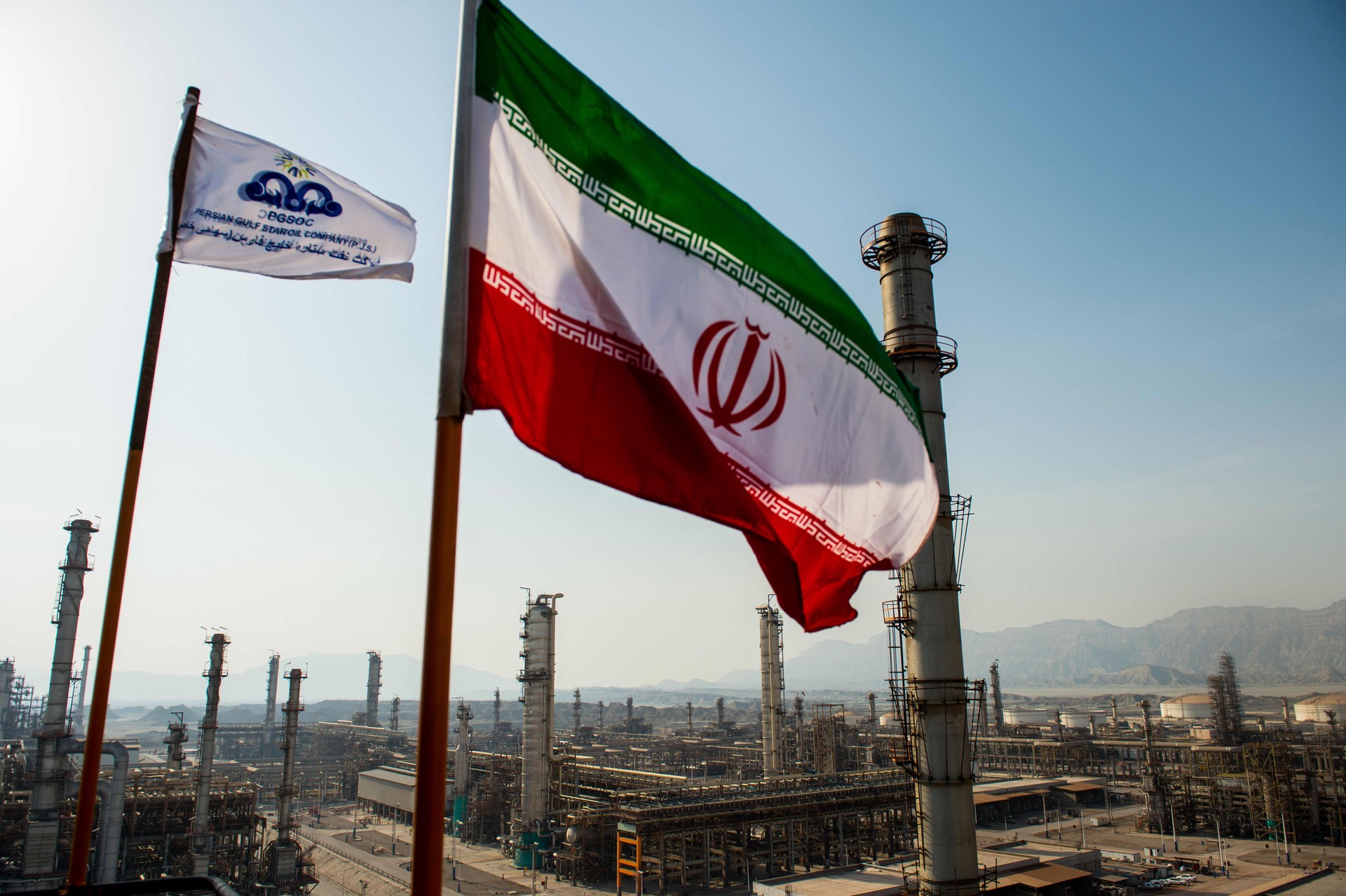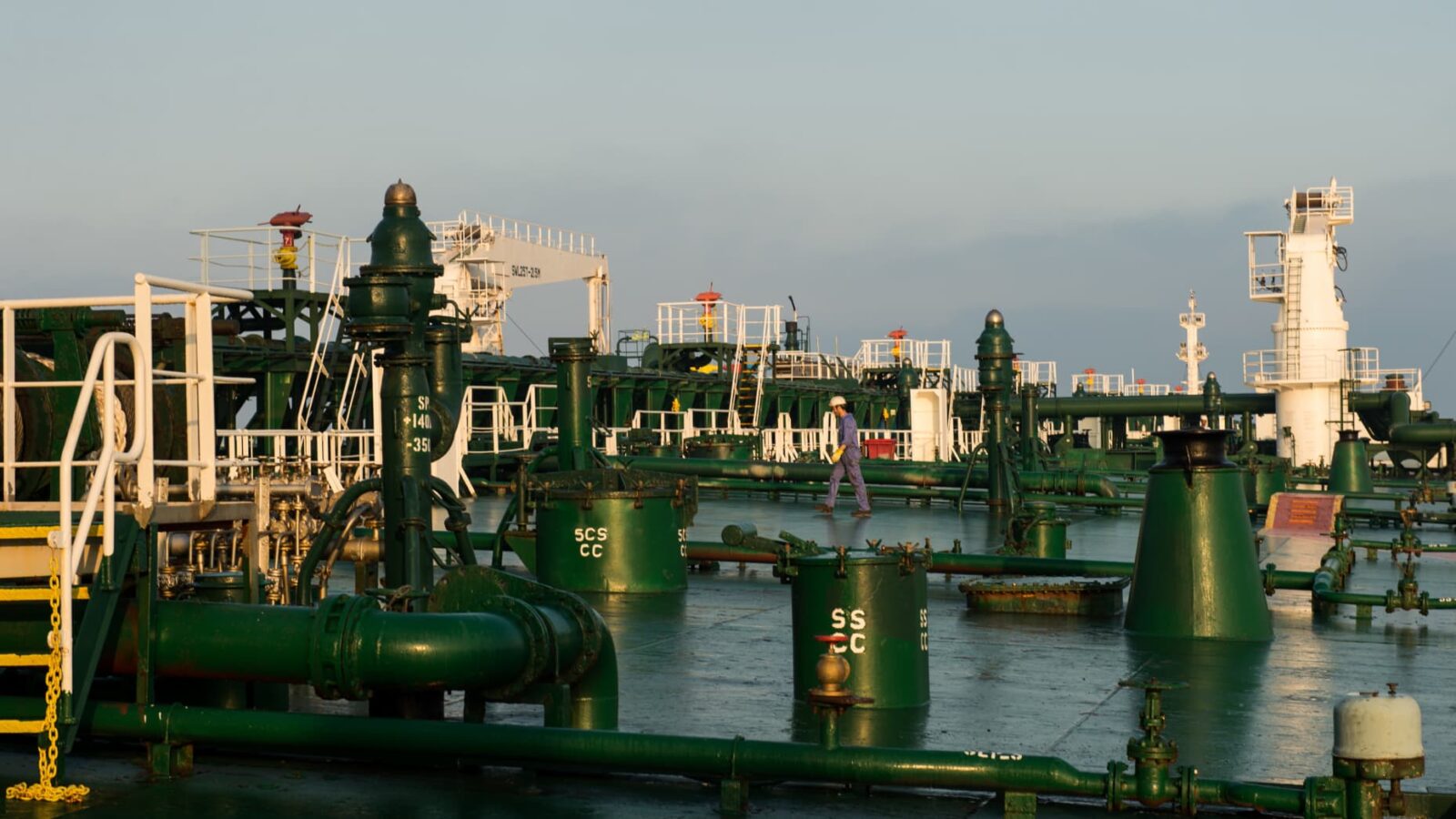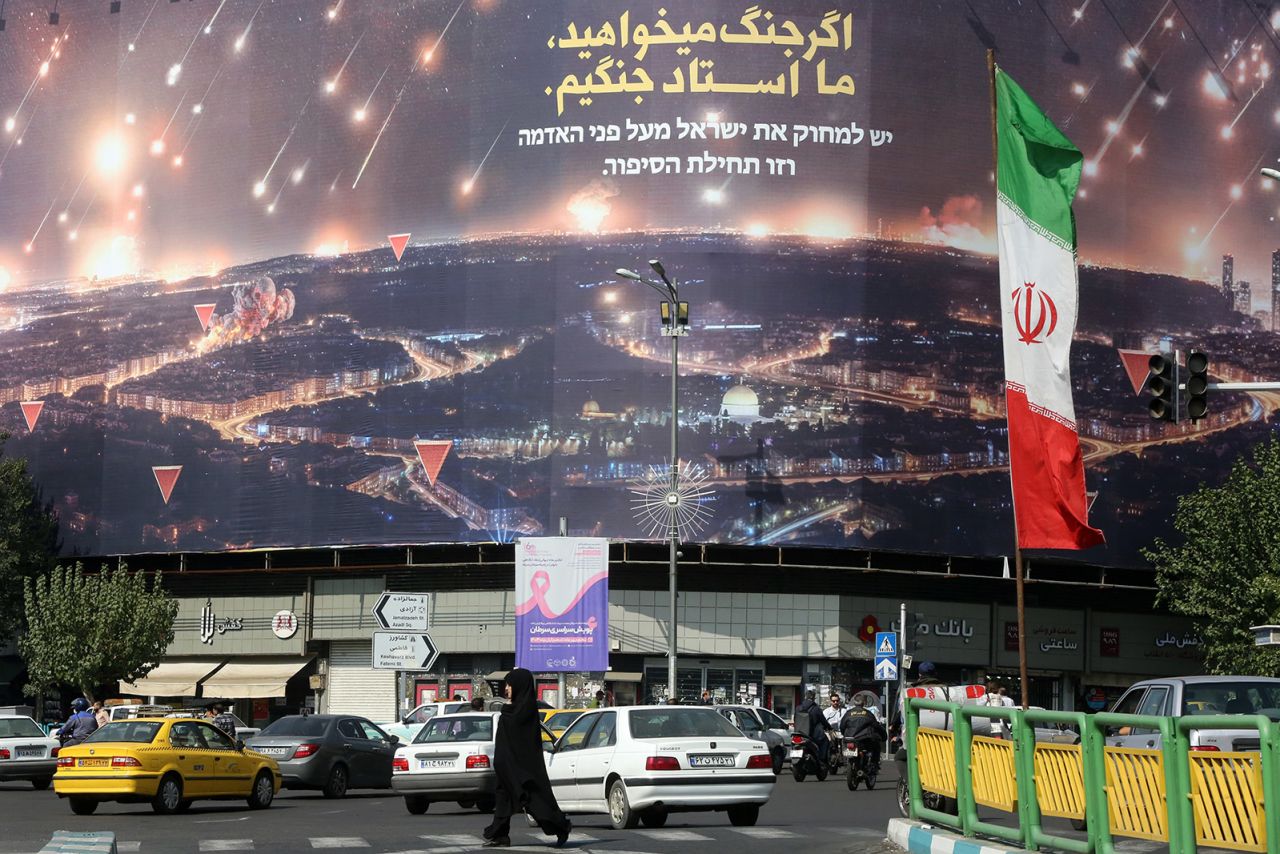
The U.S. broadened sanctions on Iran’s oil and gas industries on Friday in response to a ballistic missile strike on Israel earlier this month.
The new measures target individuals and entities linked to Iran’s petroleum and petrochemical sectors, ramping up economic pressure on Tehran amid rising tensions in the Middle East.
In response to a ballistic missile attack on Israel, the U.S. expanded sanctions on Iran’s oil and gas sectors, seeking to increase economic pressure on Tehran.
The U.S. Treasury Department announced the new measures on Friday, aiming to block Iran’s access to funds used to finance its military activities – particularly its ballistic missile program and support for proxy militias.

U.S. Treasury Department invoked a 2018 executive order to impose sanctions on those involved in Iran's energy trade.
The new sanctions affect 17 ships and 10 entities connected to the transportation of Iranian oil, including tankers that have supplied oil to China. U.S. National Security Advisor Jake Sullivan stated that these actions will allow the U.S. "to more effectively target Iran’s energy trade."
"In response to Iran’s attack on Israel, the United States is taking decisive action to further disrupt the Iranian regime’s ability to fund and carry out its destabilizing activity,” said Secretary of the Treasury Janet L. Yellen.
Today’s sanctions target Iranian efforts to channel revenues from its energy industry to finance deadly and disruptive activity – including development of its nuclear program, the proliferation of ballistic missiles and unmanned aerial vehicles, and support to regional terrorist proxies – with dangerous consequences for the region and the world. We will not hesitate to take further action to hold Iran accountable.
Secretary of the Treasury Janet L. Yellen

The sanctions come amid speculation that Israel may launch retaliatory strikes on Iran following the Oct.1 missile barrage. U.S. officials have urged Israel to avoid targeting Iran’s energy infrastructure to prevent a wider escalation and global economic disruption. Israel's Security Cabinet has yet to decide on its next steps.

Despite years of sanctions, Iran has continued to develop its ballistic missile program and fund proxy groups like Hamas and Hezbollah, which the U.S. and EU classify as terrorist organizations.
The latest sanctions are reported to be part of ongoing U.S. efforts to choke off Iran's financial support for these groups.